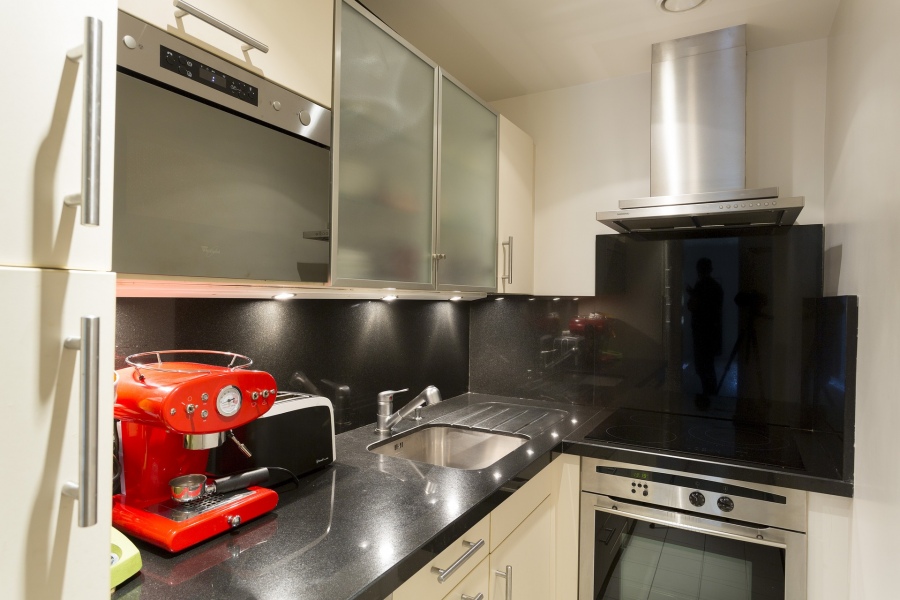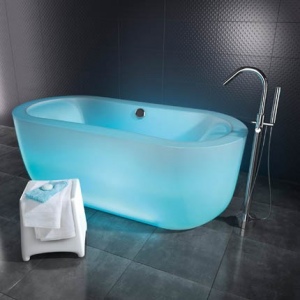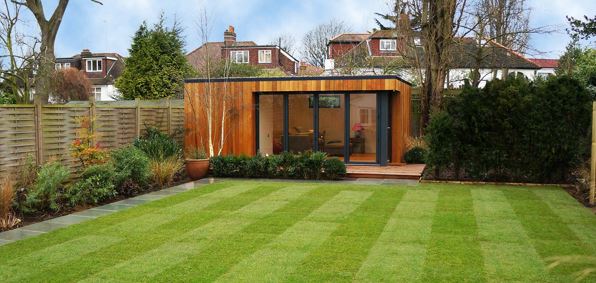When it comes to home insulation there are unfortunately many rumours and misconceptions that float around. These misinterpretations often hold homeowners back from realizing the many advantages that proper home insulation provides.
A reduction in energy cost and having a positive impact on the environment are two of the biggest advantages that come from properly insulating your home. This leads to many of the smaller benefits getting overlooked.
When most people think about insulation they think of how important it is when it comes to those cold winter nights. People rarely, if ever, think about the benefits that home insulation offers during the summer months. Homebuilders know that good insulation keeps warm homes warm and cool homes cool. In other words, proper insulation is just as important for the summer as it is for the winter.
How is Insulation Graded?
Like most things in life not all insulation is created equal. Insulation is graded based on something called an R-value. This is the thermal resistance of the insulation, it tells you how well it will keep your inside temperature in and the outside temperature out. Fiberglass, on average has an R-value of 2.2 – 2.9 per inch. Contrast this with polyurethane foam, which has a much higher R-value of 5.6 – 8.0 per inch.
Choosing the right type of insulation is critical for creating a comfortable environment within your home. Many people waste money by assuming it is best to buy the most expensive product available. Because each home and outdoor climate is different, it is important to discuss your details with a professional who is able to assess your specific situation.
A majority of heat and cooling loss is attributed to improperly insulated attics and windows/doors. These 3-trouble areas account for 50% of wasted heat or AC. By properly insulating said areas you can reduce the cost of heating and cooling by 40% or more. Because of this, insulation usually pays for itself in around 5 or 6 years.
While the attic and windows are important you must not forget about the other areas of your house. Depending on your stage of development it may be feasible to go as far as insulating your floors. For example, your contractor may want to install insulating boards overtop of concrete before putting down the flooring. Many people also skip out on basement and crawl space insulating, however in order to maintain a steady temperature, it is important to treat these areas as well.
Saving Energy and Money
Besides the obvious energy savings, insulation also makes a home more desirable if you choose to sale. This may give you the upper hand over other sellers because buyers will be comfortable knowing that their home insulation needs are already properly taken care of.
Another overlooked insulation feature is the soundproofing it provides. This is especially true when you have small children or a house with high ceilings. In these situations choosing the proper insulation can tremendously cut down on noise throughout your house. Again, because each home is unique it is best to speak with a professional who can lead you to the proper insulation that provides these benefits.





